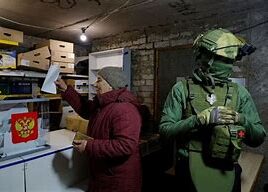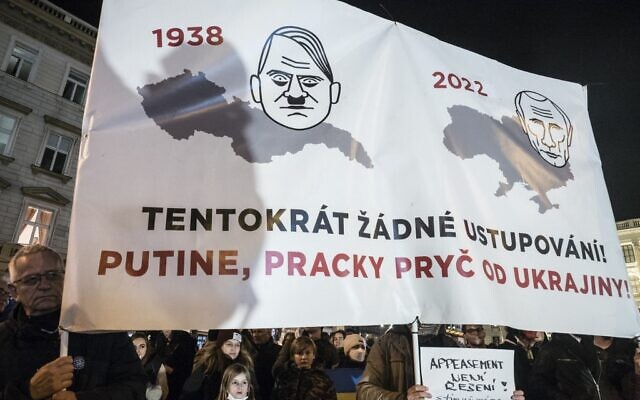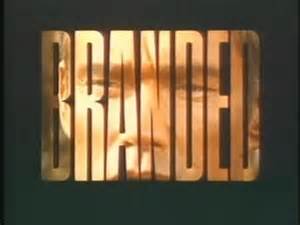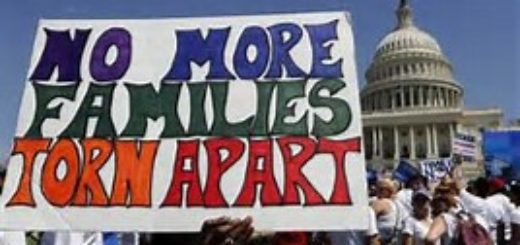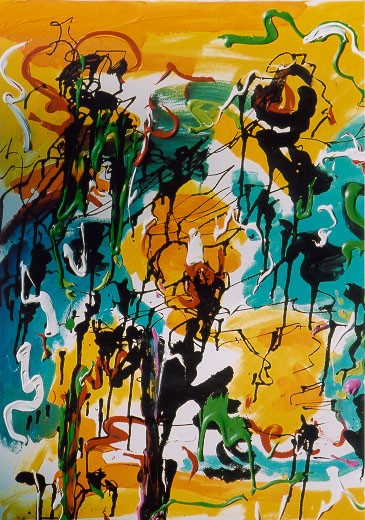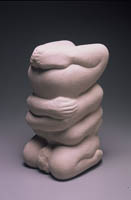Brutal Similarities Between Putin’s Ukraine Invasion and Hitler’s Germany
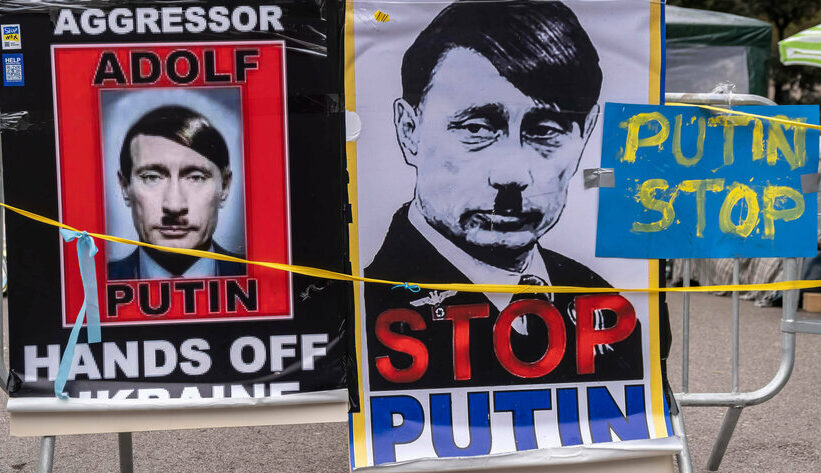
March 11, 2022, Barcelona, Spain: Posters depicting Russian President Vladimir Putin as Adolf Hitler after the Russian invasion of Ukraine. Copyright: Paco Freirex
Is Russia using the Nazi playbook to conquer Ukraine? Will Putin share Hitler’s fate?
Prologue: Voting at Gunpoint
Vladimir Putin was reelected to his fifth term as Russian president, extending his dictatorial rule to the year 2030. His only serious opposition–Alexei Navalny and Boris Nemtsov–were victims of political assassinations.
The Washington Post reported on the campaign from Ukraine:
Ukrainians in territories occupied by the Russian military are being forced to vote in the Russian presidential election under the watch of heavily armed, masked soldiers…going from house to house, knocking on doors as they seek to compel participation…Those who refused to vote were threatened with repercussions.
How is it possible that Terrorist State tactics are being inflicted on the Eastern doorstep of Europe? The very idea of forced voting at gunpoint is a shocking display of depravity, reminiscent of over a century ago when another totalitarian state sought to subjugate a people and expand its boundaries.
Nazis. Really?
I know it’s desensitizing to compare anything to the Nazi reign of terror in the 20th century. The Holocaust has no moral or actual equivalence. Forcing people to vote at gunpoint is a far cry from herding innocents into cattle cars on their way to concentration camps.
On the other hand, Russia has nuclear weapons and Putin has threatened to use them on several recent occasions.
Both count as mass murder.
 Ethnic Blaming
There are direct parallels between Putin’s invasion of Ukraine and the 1938 Nazi incursion into Czechoslovakia that made World War II inevitable. Hitler claimed falsely that millions of ethnic Germans were being persecuted there. Turning logic on its head, Hitler declared that Czechoslovakia “must give Germans their freedom, or we will get this freedom for ourselves.”
Putin has justified his assault on Ukraine similarly, that ethnic Russians were being mistreated in four regions of Eastern Ukraine. “This is all truly dictated by our national interests and…by care for the future of our country,” declared Kremlin spokesman Dmitry Peskov soon after the invasion began. Putin remarked that Ukraine “lacked the traditions for real statehood,” forgetting that Russia is no shining example.
Ripe for Dictatorship
Germany’s and Russia’s destinies were altered by traumatic events that led to imperial ambitions. In Germany in the 1920s, losing World War I brought hyperinflation and crippling sanctions imposed by the Treaty of Versailles. Russia in the 1990s saw the collapse of its Communist government.
Both created a vacuum in which the old elites were scapegoated, democracy was discredited, and a scramble ensued to bring order. Emerging from the chaos were strong men–Hitler and Putin–who promised to restore their countries to their rightful places. Both regimes consolidated their power in typical autocratic fashion: Promote a cult of personality, abolish a free press, demonize minorities that are not of “pure blood,” and stifle opposition or dissent.
The last one–stifling dissent–would be tricky. It would require a national unifying development that people could rally around…like starting a war.
Rebuilding the Empire
The post-World War I Treaty of Versailles required Germany to disarm and relinquish some of its bordering land to neighboring countries. When the Soviet Union was dissolved in 1991, 15 former Soviet republics gained independence, including Ukraine.
This was a humiliating outcome for both nations. It seemed inevitable that both Hitler and Putin would embark on military ventures. War would distract citizens from feeling the loss of their rights. Reclaiming lost land was a tangible benefit that would enhance the legitimacy of a strong man leading the way.
But who could they blame for their country’s misfortune? History gives us an ironic twist.
It’s the Jews! It’s the Nazis!
Ever since Hitler was defeated in 1945, there have been no attempts to annex sovereign European countries until Russia invaded Ukraine in 2022. Putin is linking the Soviet victory over Nazi Germany in World War II–“The Great Patriotic War”–with Russia’s attacks on Ukraine. Putin’s rationale: To stamp out Nazis! He repeatedly invoked “denazification of Ukraine” rhetoric in the recent election.
Never mind that Ukraine President Volodymyr Zelensky is Jewish. And while Ukraine has its share of fringe, far-right groups (a festering sore for many European countries), none of them are represented in the Ukrainian parliament. The vast majority of 43,000 Ukrainian Jews have chosen to remain in their country, despite the ever-presence of war.
Vladimir Putin is distorting the most powerful source of Russian national identity into a “factually wrong, morally repugnant, and deeply offensive” accusation.
Coda
My late father was born in Russia. He arrived at Ellis Island in 1930 with good clothes on his back and a gift for art. Growing up, we listened to “Moscow Nights” and the Red Army Chorus (my father was no communist). I became familiar with many endearing Russian phrases. I learned how to play chess.
My dad’s parents were prosperous clothing manufacturers. Stalin confiscated their property and my family moved to America.
When World War II broke out, my father enlisted and fought the Nazis. My dad naturally despised Hitler (one of his installation art pieces is of Hitler’s portrait inside a toilet seat) and it was personal for him.
I know deep in my heart that my father would have been outraged by Putin’s attack on Ukraine. He would have felt the shame many Russians feel: as if one of your own was a schoolyard bully.
My dad’s enduring biography would have made him see through the lies.
